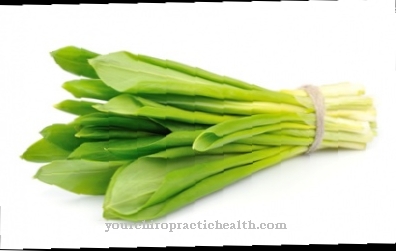tofu is obtained from soybeans in several manufacturing steps. The protein-rich product is a staple food in many Asian countries. In western countries, tofu is very popular as a meat substitute, especially among vegans and vegetarians.
What you should know about tofu

Tofu is a food that is obtained from soybeans through various manufacturing steps. Hence tofu becomes too Bean curd or Bean cheese called. The origin of the tofu can no longer be traced back with certainty. However, it can be assumed that the product comes from China.
It was made there in the 2nd century BC. Gradually, tofu spread to Korea and other Asian countries. In China, Japan, Vietnam, Korea and Thailand, tofu is an important staple food today. Food is also enjoying increasing popularity in the western world. Because of its high protein and iron content, tofu is very popular in these countries, especially among vegetarian and vegan people. Here the tofu is used as a meat substitute. Tofu is made from white soybean batter. The production from dark dough is rather rare. For production, it is important that the protein components of the soy milk coagulate.
For this purpose, substances such as citric acid, magnesium chloride and gypsum are used, which are then skimmed off again. The quark-like product is dehydrated after the proteins have coagulated and pressed into blocks. The manufacturing steps are similar to the production of cheese from milk. Depending on the production method and the consistency of the end product, different types of tofu are distinguished. In addition to fresh tofu made from tofu blocks, silken tofu is particularly popular. This variety has the highest water content and its consistency is reminiscent of vanilla pudding.
There are also firm Asian tofu, firm western tofu with very low moisture, processed tofu, smoked tofu, pickled tofu and frozen tofu. Tofu is an important product for the food industry. It is not only used as a meat substitute by vegetarians and vegans, but is an integral part of various foods in the form of soy protein.
Importance to health
Tofu is nutritionally valuable, especially for vegan and vegetarian people. Tofu is high in iron. Since vegans and vegetarians consume little or no animal products, they have to obtain this trace element from other sources.
Tofu is a healthy source for this. The product made from soybeans also contains high amounts of protein. Vegetable proteins are easier for the body to use than proteins from animal foods. Tofu provides the vital proteins in the form of all essential amino acids. In addition, consuming soy protein can lower LDL cholesterol levels. A high level of cholesterol is a significant risk factor for diseases of the cardiovascular system. Regular consumption of tofu can therefore help prevent such diseases. Tofu naturally contains no cholesterol, no lactose and no gluten. Therefore, it is particularly suitable for people who need to watch their cholesterol levels.
In addition, people who suffer from celiac disease, i.e. are not allowed to consume gluten, can consume tofu. It is also a suitable food for people who suffer from lactose intolerance. In addition to protein and iron, tofu provides many valuable vitamins, minerals and trace elements. Tofu is particularly valuable in combination with products that provide a lot of vitamin C, such as cabbage and lemon. With the help of the vitamin, micronutrients such as iron can be better utilized by the body. Tofu is also a fairly low-fat product. This fact makes it suitable as a dietary food. A low-fat diet prevents diseases such as high blood pressure and arteriosclerosis.
Ingredients & nutritional values
| Nutritional information | Amount per 100 gram |
| Calories 76 | Fat content 4.8 g |
| cholesterol 0 mg | sodium 7 mg |
| potassium 121 mg | carbohydrates 1.9 g |
| Fiber 0.3 g | protein 8 g |
100 grams of tofu have a calorific value of 76 kilocalories and are therefore quite low in calories. 100 grams consist of about 72 grams of water, 4.8 grams of fat, 8 grams of protein, 1.9 grams of carbohydrates and 0.3 grams of fiber. Tofu contains vitamin A, beta-carotene, vitamins B1, B2, B3, B5, B6, B7, B9, vitamin E and folic acid.
The soy protein product also provides the minerals calcium, chlorine, potassium, magnesium, sodium and phosphorus. Tofu also provides important trace elements such as iron, zinc, manganese, copper, iodine and fluorine. The ingredients of the tofu differ slightly depending on the variety. Tofus with a higher moisture content, such as silken tofu, provide less protein than firm tofus.
Intolerances & allergies
Intolerance and allergies are expressed as an over-sensitive reaction of the human body to a certain allergen. Tofu is made from soy. This is one of the twelve main allergens. An intolerance to soy is characterized by different reactions.
Vomiting, diarrhea, a swollen mouth, breathing problems, and skin rashes may occur, among other things. Depending on the severity of the allergy, the symptoms vary in severity. Soy intolerance should be diagnosed by a doctor. If you have an allergy, products made from soy should be avoided. In addition to tofu, these include soy milk, soy yogurt, tempeh, miso, natto, yuba, soy flour, edamame and meat substitutes.
In addition, it is often the case that a soy allergy is also an intolerance to soy lecithin. This substance is found in many products such as chocolate, margarine, biscuits, bread, baked goods and ready-made meals.
Shopping & kitchen tips
Tofu is available on the refrigerated shelves of supermarkets and health food stores. The product can also be purchased in Asian grocery stores. Tofu, like other protein-rich products, tend to spoil easily. Spiced, smoked and fresh tofu from the refrigerated shelf can be kept unopened for a year.
To do this, it should be stored in the refrigerator. After opening it can be kept for about two to three days. It should be kept tightly closed or wrapped in foil. Fresh tofu can also be placed in a container filled with water after opening the package. If the water is changed daily, the soy product can still be enjoyed for about a week. The degree of freshness of tofu can be determined relatively easily by a sensory smell test. Since tofu is odorless, tofu that has already acquired an unpleasant odor should no longer be consumed. Tofu can also be frozen. However, this is not absolutely recommended, as it crumbles very easily after thawing and is of a very soft consistency.
Preparation tips
Tofu is naturally very tasteless. Therefore it can also be used universally. Tofu can be prepared sweet or hearty. It absorbs the taste of strong foods like garlic, soy sauce, curry and coconut milk well and compliments many dishes. Tofu can be served as a cold side dish, fried, deep-fried, boiled or grilled.
Firm types of tofu are particularly suitable as a meat substitute in various dishes. It also works well as a filling and is suitable for casseroles, stews and patties. Softer types of tofu such as silken tofu are well suited for preparing desserts, sauces or soups. The texture of tofu can be changed by pureeing or cooking.

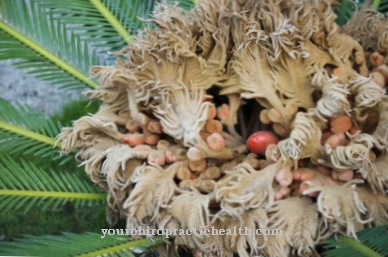
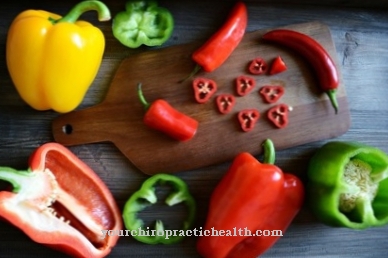
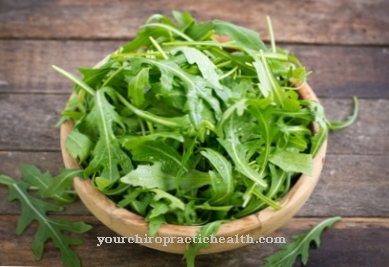
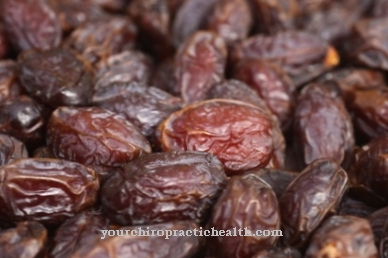
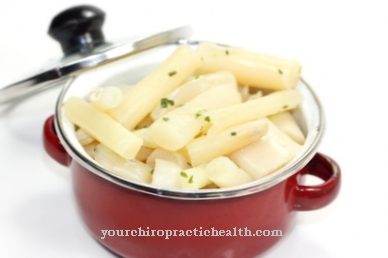





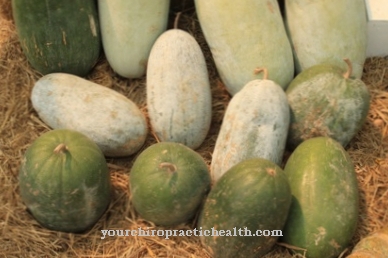
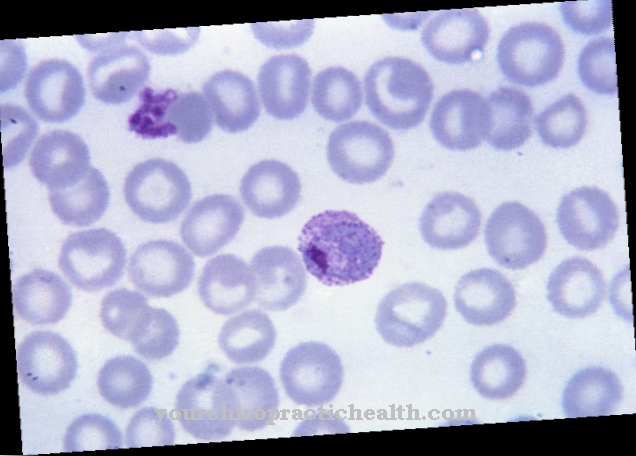




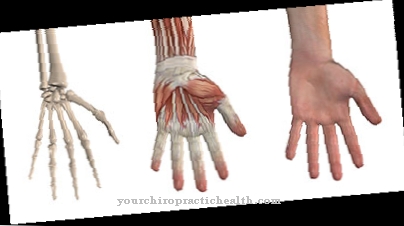






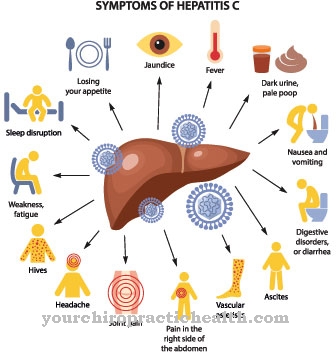
.jpg)


